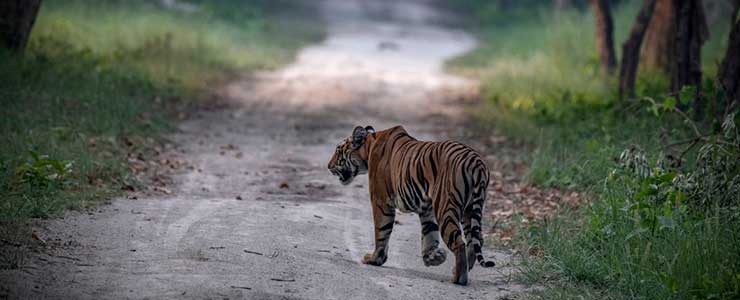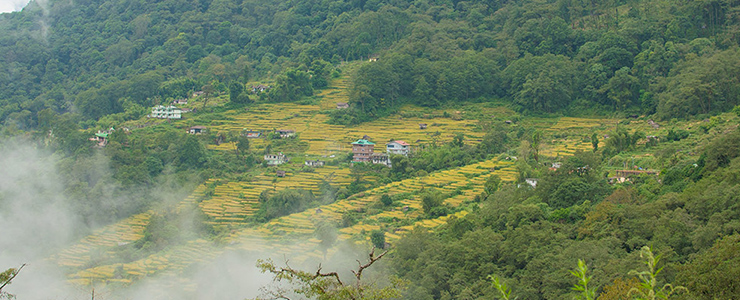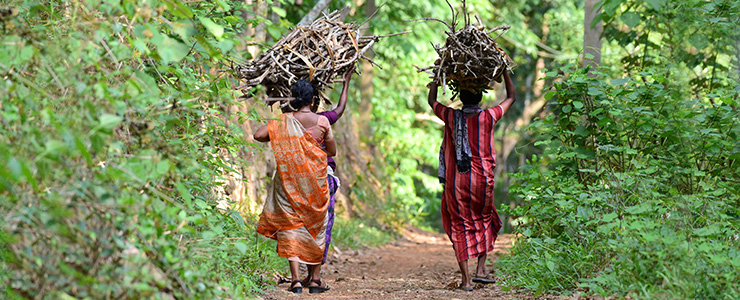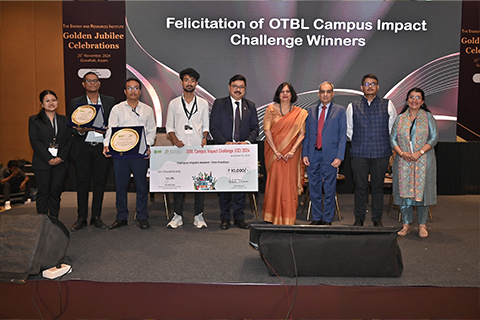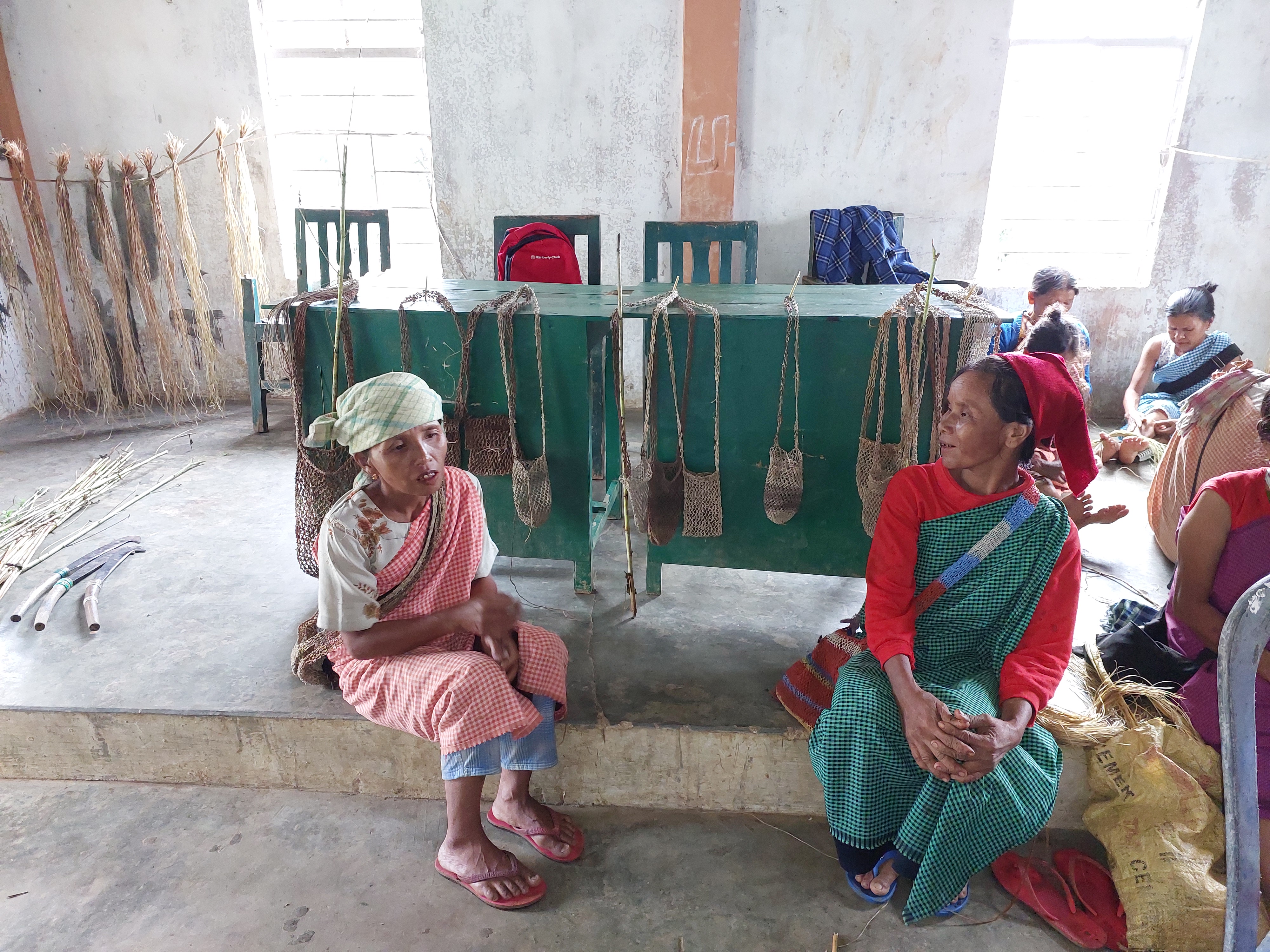Manipur: Consultative Workshop on Eco-Tourism held in Tamenglong to Promote Sustainable Development
April 11, 2025 |
April 14, 2025
Northeast Today
The Energy and Resources Institute (TERI), in collaboration with the Forest Department, Government of Manipur will implement carbon financing projects in the region to further enhance environmental conservation and sustainable development.
Assam: Consultation Program Held in Udalguri, TERI Chief Urges Preservation of Native Crop Varieties
April 1, 2025 |
April 1, 2025
The Sentinel Assam
During a recent stakeholder consultation in Udalguri, Assam, Dr Vibha Dhawan, Director General of The Energy and Resources Institute (TERI), underscored the critical need to preserve and cultivate high-yielding native crop varieties.
TERI, ICIMOD, Balipara Foundation & Gauhati University Sign MoU to Strengthen Biodiversity Conservation, Cultural Preservation & Ecosystem Valuation
March 27, 2025 |
March 27, 2025
Prag News
The MoU lays the foundation for integrating scientific research, indigenous knowledge, and grassroots action into conservation and sustainable development. The collaboration will focus on the preservation of culture and indigenous knowledge through documentation and revival of traditional languages and conservation practices.
Sustainability education in Ludhiana: How TSF-TERI Green School Workshop is empowering teachers
December 26, 2024 |
December 26, 2024
Construction Week
'The Green School,' an initiative that aims to combine the efforts of the Tata Steel Foundation (TSF) and The Energy and Resources Institute (TERI) to increase environmental awareness among school pupils and increase their knowledge in this field. This initiative, which was initiated in April 2017, aims to foster a comprehensive understanding of environmental preservation, interdisciplinary learning, and critical thinking among students in Tata Steel's operational areas.
TERI Holds 3-Day Capacity Building Training On GIS, Mapping In Assam, Meghalaya
November 26, 2024 |
December 3, 2024
Pratidin Time
TERI organised a three-day capacity-building training for community-based organizations in Assam and Meghalaya, aimed at implementing the GEF Small Grants Programme – Operational Phase 7 (SGP-OP7) during 26-28 November 2024. In his opening address, Dr Dipankar Saharia, Senior Director for Social Transformation and Strategic Alliances, TERI, emphasized the importance of mapping in monitoring and evaluating projects, ensuring that objectives are met and outcomes are backed by evidence.
Tweak climate finance goals for inclusive carbon market
November 22, 2024
,
| Hindustan Times
The conference can demonstrate that climate action does not have to come at the expense of development, says Mr Sayanta Ghosh, Associate Fellow and Area Convenor; Dr Jitendra Vir Sharma, Senior Director, Land Resources Division, TERI.



